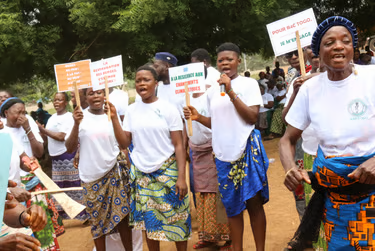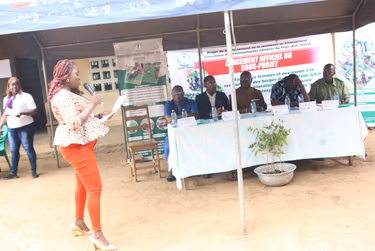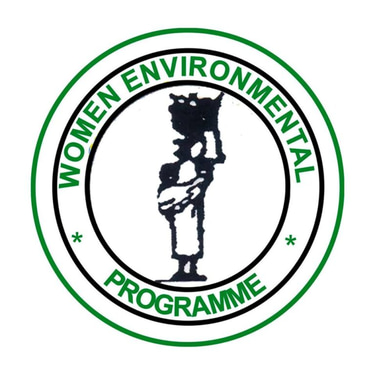Supporting women and youth in restoring the banks of “Lili river” and improving their resilience through existing ecosystems
CLIMATE CHANGE
11/18/20243 min read
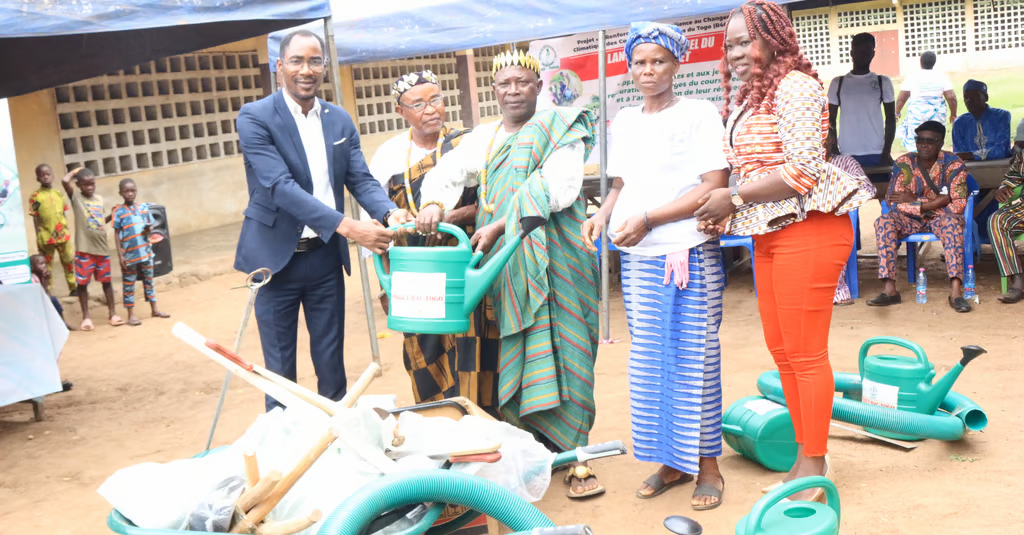

Project Overview:
The project “Supporting Women and Youth in Restoring the Banks of the Lili River and Strengthening Their Resilience Through Local Ecosystems” is a community-led initiative. It is implemented by WEP-TOGO with funding from the Global Environment Facility (GEF) and technical support from the Food and Agriculture Organization of the United Nations (FAO), through the R4C-Togo project.
The project takes place in Lilikopé village, located in the canton of Tsévié, Zio 1 commune, within ecological zone V of Togo’s Maritime region. It targets several key groups: a cooperative of women and young market gardeners, a women’s cassava processing group, the local cattle herding community, and local authorities (including traditional leaders, CVDs, and community representatives).
Context and Rationale
This sub-project was launched in response to the degradation of riverbank ecosystems. This degradation causes erosion and the flooding of farmland. The main driver is the cutting of trees along the riverbanks for charcoal, firewood, and medicinal use-activities mostly carried out by local women and youth seeking income.
Another contributing factor is the movement of cattle near the river, which pollutes the water and damages vegetable crops.
The project’s core objective is to improve the economic resilience of women and youth living along Lili River. It does so by restoring the river banks and supporting sustainable income-generating activities.
Sub-project content
The project consisted of sustainably restoring the banks of the Lili river and strengthening the economic empowerment of women's and youth cooperatives in the development of income-generating activities (IGAs) in the market gardening and agricultural sector. The community-based ecosystem approach is central to improving the stability of the banks of the Lili River and includes activities such as reforestation of the banks and mutual awareness-raising on their preservation. For reforestation, extinct local species are prioritised in order to restore local biodiversity. Technical and material support is provided to cooperatives made up of women and young people (market gardeners and cassava processors) to strengthen their resilience to the effects of climate change and encourage them to contribute to the protection of the reforested plants along the banks.
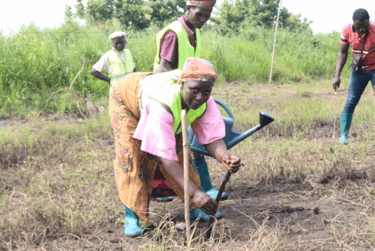

Sub-project achievements
Through this project, 3 hectares of riverbanks have been restored. A total of 4,300 plants have been planted, including 1,400 Senna siamea, 400 Gmelina, 400 Kaya, 1,000 Eucalyptus, 600 false camphor trees and 500 Agnosesus. 230 local residents have been made aware of the benefits of preserving water resources and are committed to protecting them through a community- and ecosystem-based approach; women's and youth cooperatives have been provided with AGR equipment to strengthen their economic empowerment.
Lessons learned
One of the main lessons learned from the sub-project is that gender mainstreaming is necessary for any initiative, knowledge sharing and good collaboration between the various stakeholders is essential for the success of a project's activities, and the involvement and consideration
of all social strata of the community must also be taken into account. In addition to all these lessons, regular monitoring of the activities carried out within the framework of the project is necessary to ensure that the results have the greatest possible impact.
Testimonials
Interviewer Ms. ALOGA Afi, beneficiary of the sub-project implemented by WEP-TOGO, testifies: ‘Today is a special day for us, the inhabitants of Lilikopé. These plants that have been put in the ground give us hope for the restoration of our riverbank. We are also very grateful for these plants and work materials provided to us by the NGO WEP-TOGO through R4C-TOGO.’
It should be noted that this sub-project is of paramount importance for long-term vegetation cover along the banks of the Lili River.
Future prospects
WEP-TOGO plans to carry out more similar actions in other localities where restoration is needed. It is calling on all interested technical and financial partners to support these actions.
